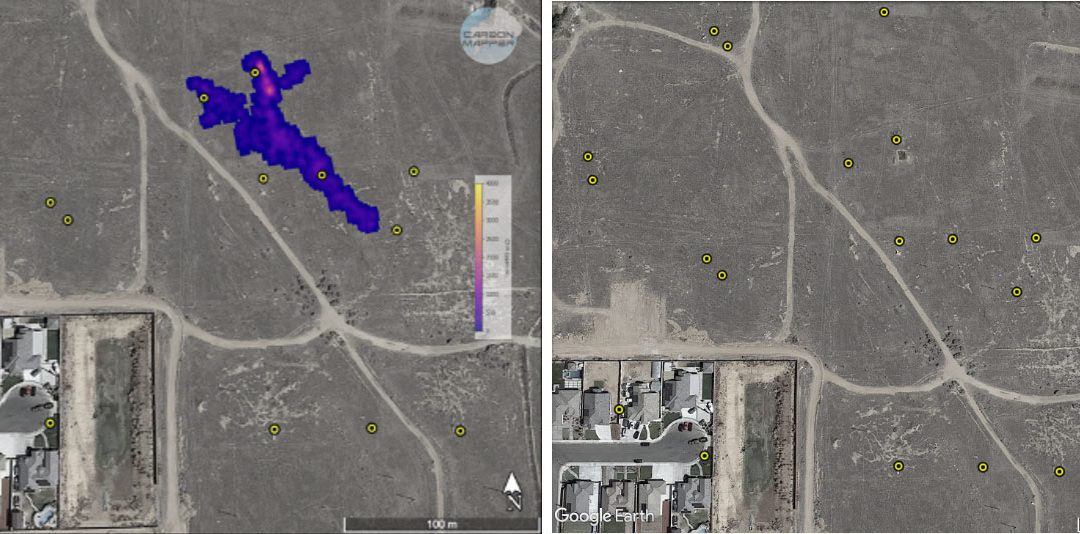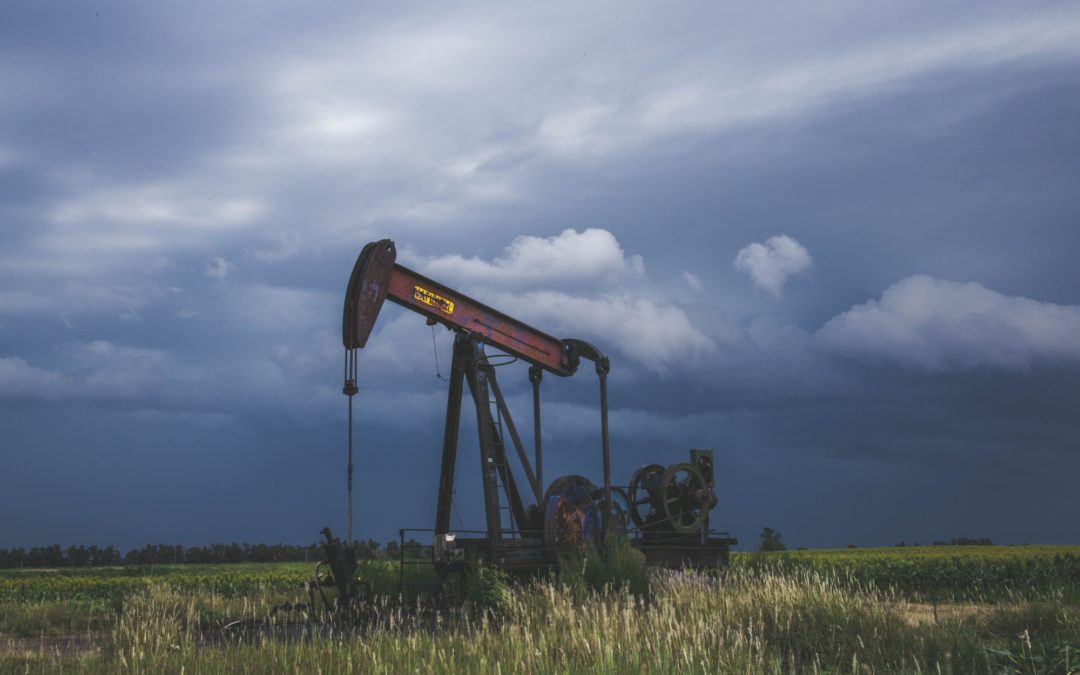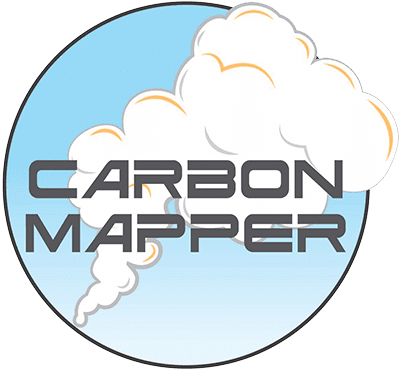Dr. Cliff was appointed by the California Air Resources Board (CARB) as Executive Officer (EO) in Summer 2022. As EO, Cliff works with the Board to enact programs to reduce air and climate pollution. Cliff oversees the work of approximately 1,800 employees and a budget of $2.694 billion of which $564 million in State Operations and $2.130 billion in Local Assistance.
Dr. Cliff was most recently the 16th Administrator of the National Highway Traffic Safety Administration (NHTSA), where he oversaw the nation’s vehicle safety agency that sets vehicle safety standards, identifies safety defects and manages recalls, and educates Americans to help them travel safely. NHTSA’s work also includes establishing fuel economy regulations and helping facilitate the testing and deployment of advanced vehicle technologies including Automated Driving Systems. Cliff was appointed to NHTSA by President Biden in January 2021 and was confirmed by the U.S. Senate in 2022.
Cliff brings an extensive scientific and regulatory background to his leadership role at CARB. Prior to his appointment to NHTSA, Cliff served as the deputy executive officer at the CARB, where he first joined the staff in 2008 as an air pollution specialist. Since then, he held a variety of positions at CARB, eventually overseeing its climate program. From 2014 to 2016, Cliff was appointed by then Governor Brown to the California Department of Transportation as the assistant director for sustainability. He returned to CARB in 2016 when Governor Brown appointed him senior advisor to CARB’s Board Chair.
Cliff played an active role at the University of California, Davis for nearly two decades. In 2001, he joined the school’s Department of Applied Sciences as a research professor, later becoming affiliated with the school’s Air Quality Research Center. Through the years, he has supported independent air quality and climate research programs while balancing his time at CARB and Caltrans, including being an approved program coordinator at the Lawrence Berkeley National Laboratory’s Advanced Light Source.
Cliff received a bachelor’s degree and doctorate in chemistry from the University of California, San Diego. He then completed a postdoc on atmospheric sciences at the University of California, Davis’ Department of Land, Air and Water Resources.


